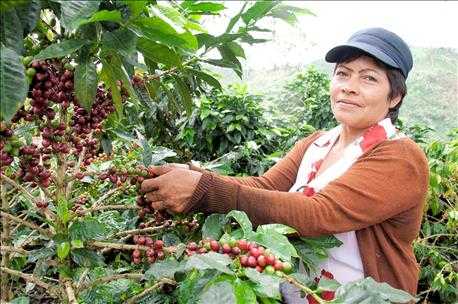BOGOTÁ, Colombia — In the coffee elections of September 8 and 9, women and young people increased their participation as federated representatives in the Municipal and Departmental Committees of Coffee Growers.
In the Municipal Committees, female participation increased from 16% to 24%, a proportion very close to 28% of the electoral roll, while in the Departmental Committees the figure practically doubled, from 8% to 15%, a great achievement of these elections, in line with the gender equality strategy of the Colombian Coffee Growers Federation (FNC).
In terms of generational integration and young people remaining in the countryside, another of the great challenges for the coffee sector, important advances were also made, as 20% of representatives in the Departmental Committees and 34% in the Municipal Committees are younger than 45 years old.
Finally, as to leadership renewal, the rate reached 42% in the Departmental Committees and 53% in the Municipal Committees.
“We are pleased to know that one of the great purposes of these elections, greater representation of women and young people, was achieved. We have to continue working in this line for an increasingly equitable and sustainable coffee sector,” said the FNC CEO, Roberto Vélez.
These positive electoral results also come after the reform of statutes of the FNC last year, which introduced important changes to encourage greater participation of women and young people in the sector as holders of federated rights, including the right to vote and be elected.
In total, 204,423 coffee growers went to vote, a figure that accounted for 57% of the electoral roll, across 17 departments and 570 municipalities in the country.
For these elections, a record 16,140 coffee growers were registered as candidates to renew the 383 Municipal Committees (six main members and six substitutes) and the 15 Departmental Committees (six main members and six substitutes), for a total of 4,776 positions.


















